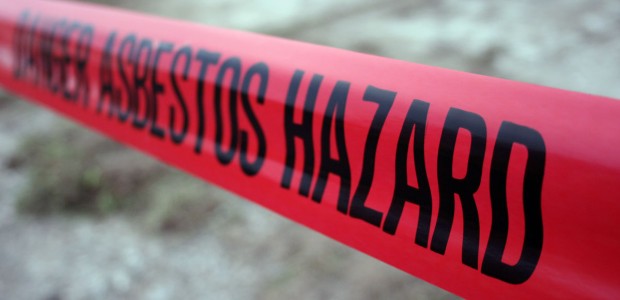Asbestos was a popular mineral because of its affordability and many commercial applications. The minerals are able to absorb well, it is strong and is resistant to fire, heat and electricity. While these qualities made Asbestos popular for building and electrical insulation, it is one negative quality which has resulted in a tidal wave of lawsuits; Asbestos produces a dust that, when inhaled, contributes to the development of illnesses such as Mesothelioma (a malignant cancer in the lining of the chest or adnominal cavity).
What the advertisements that blanket the airwaves do not explain, is that there are actual legal theories that need to be employed before a judge will order an Asbestos manufacturer to write a Mesothelioma victim a check. In a civil court lawsuit regarding an Asbestos related Mesothelioma case, the legal concepts involved may include the product liability theories of (1) breach of warranty, (2) negligence, or (3) strict liability.
Check out our directory of Cancer Attorneys that can help you if you believe you have Mesothelioma or other types of lung cancer derived from exposure to asbestos.
As for breach of warrantee, this concept is one that layman can relate to because so many products advertise whether it has/does not have a warrantee. There are two types of warrantees; implied warrantees and express warrantees. In claiming a breach of an implied warranty, the plaintiff’s attorney will point out that the implied warrantee accompanies the sale and use of products containing asbestos; and that the implied warrantee is that the Asbestos product was fit and safe for its intended purpose.
The plaintiff’s attorney may claim breach of express warranty if the supplier of an Asbestos product made a claim (ie: a “warrantee”) about the product, that the claim ultimately caused the buyer to use the product, and that the claim later turned out to be false. For example, if the supplier of the Asbestos product told the buyer; “this Asbestos is safe to inhale”, but the product in fact is unreasonably dangerous to inhale, then the supplier may be liable to a person who relied on the supplier’s statements and was injured by the Asbestos.
With regard to negligence, the plaintiff’s attorney will have to prove four items: (a) the defendant had a legal duty to provide a safe product (b) the defendant breached that duty (ie: didn’t provide a safe product) (c) the breach caused an injury (the Asbestos exposure cased the Mesothelioma), and (d) the injury resulted in damages to the plaintiff (Mesothelioma damaged the plaintiff). Of these four factors, the third one, “cause” is the most challenging for the plaintiff’s attorney to prove. Attorneys for the defense will likely present scientists and scientific reports that purport to show that Asbestos did not cause the plaintiff’s cancer. The passage of time in many Asbestos cases makes “causation” that much more difficult; as perhaps smoking or exposure to another product in the interim caused the plaintiff’s cancer.
Strict liability is similar to negligence, but different in two key areas: first, strict liability assumes that the existence of a duty is shown when there is a commercial supplier that manufactures or sells the product (as opposed to a casual seller). Second, strict liability does not require the plaintiff to show that the breach of duty is the result of any negligent action. The fact that the product was dangerous or defective alone is enough to establish a breach of the supplier’s duty.
*This article is not intended to provide legal advice, and should not be interpreted as such.

